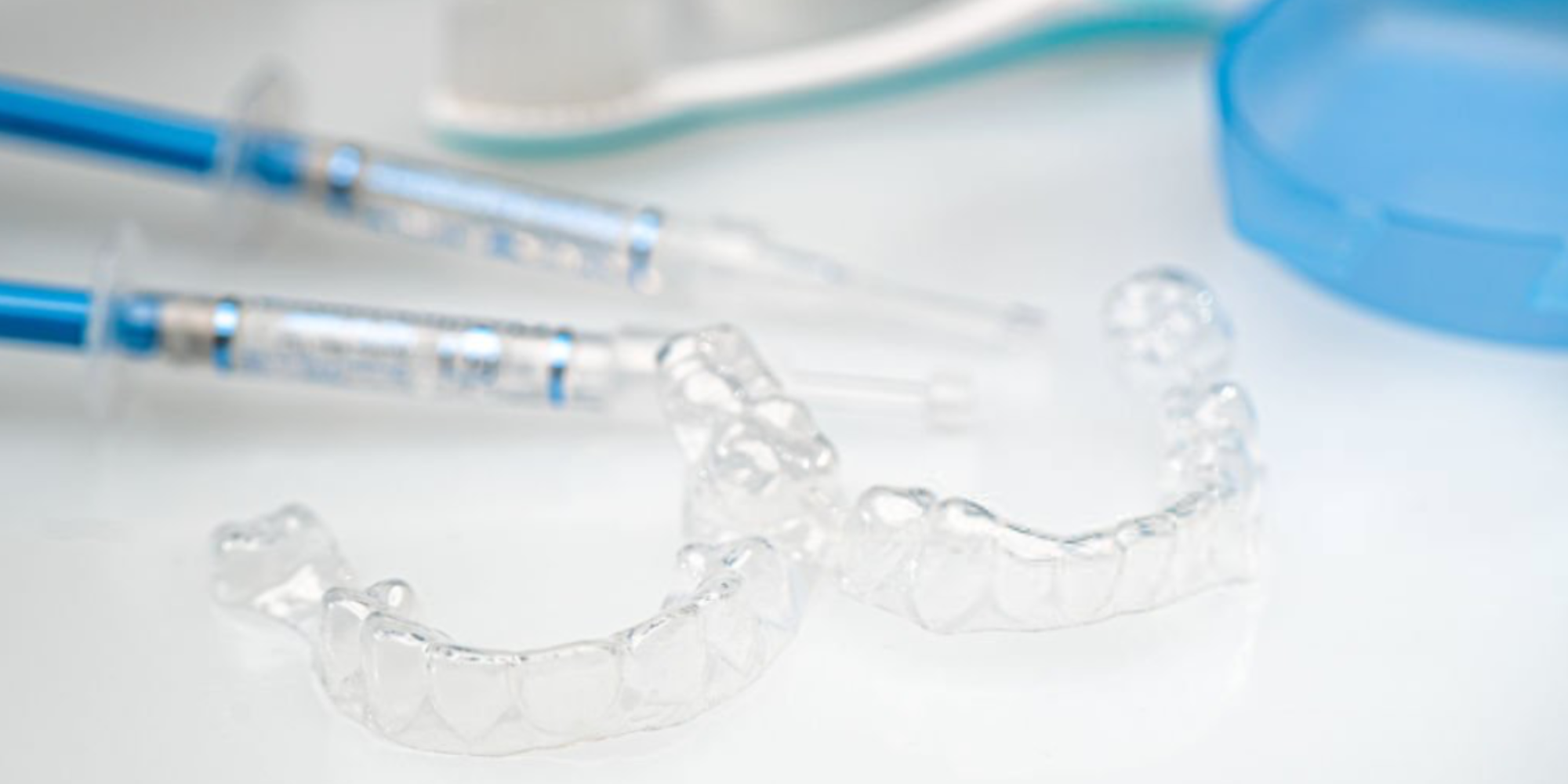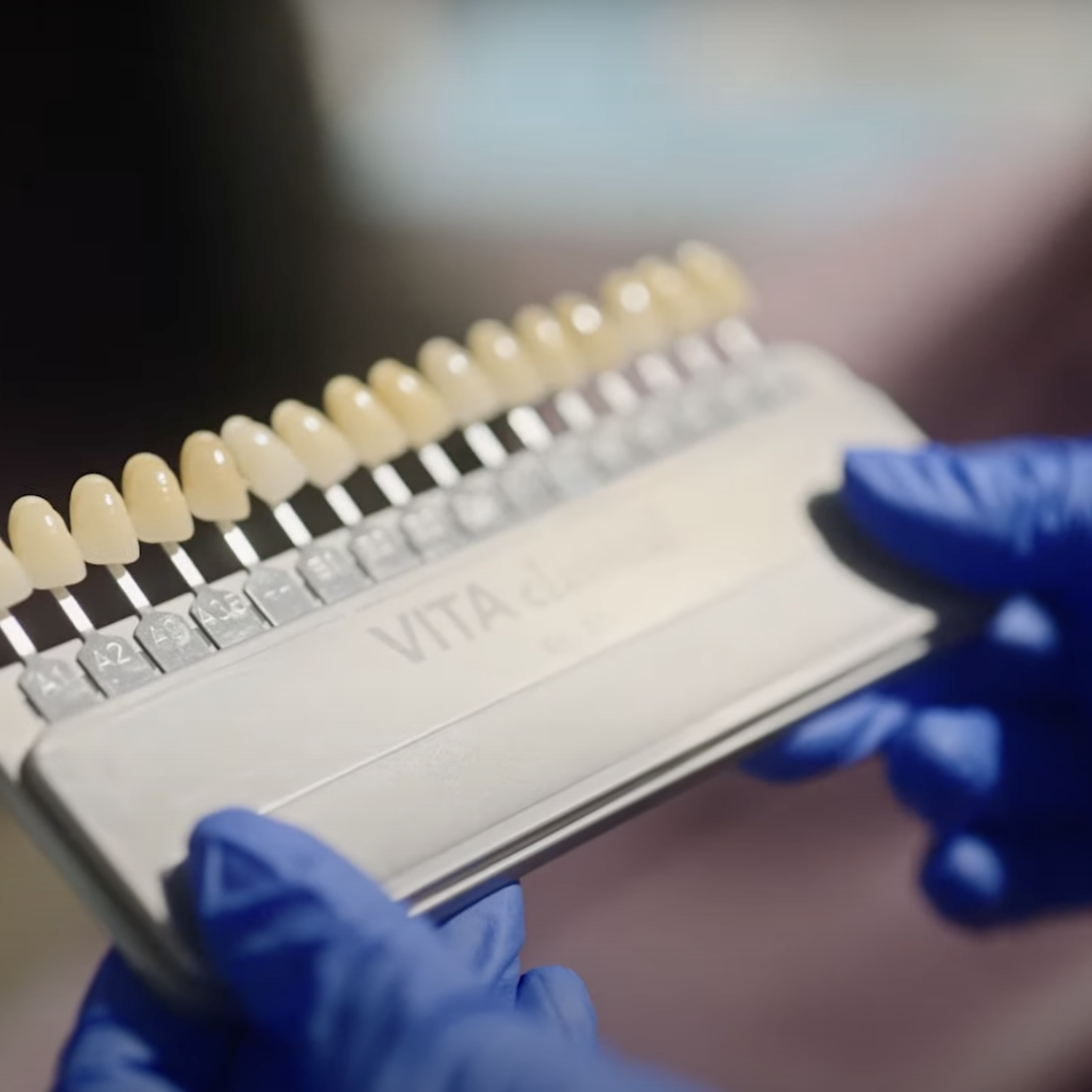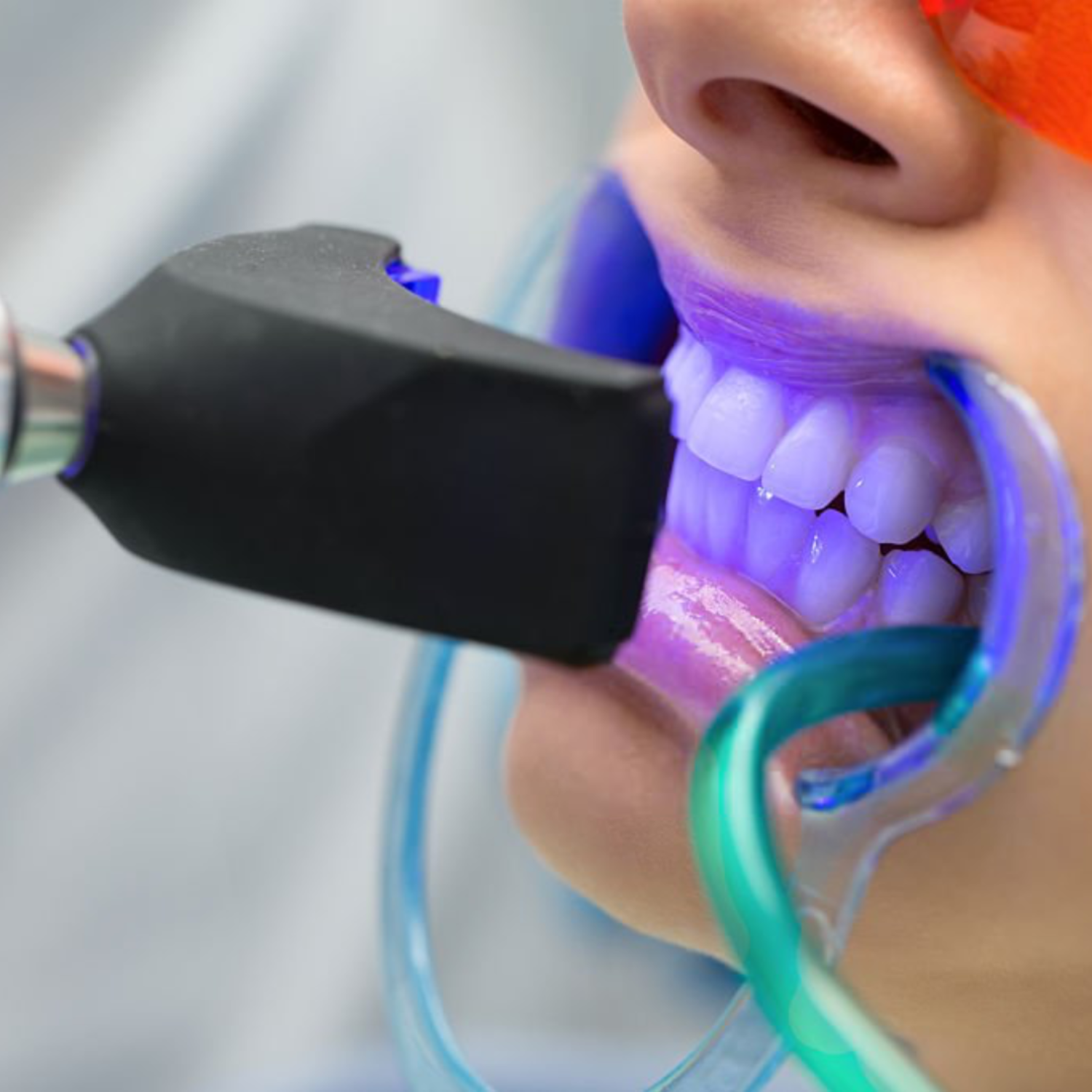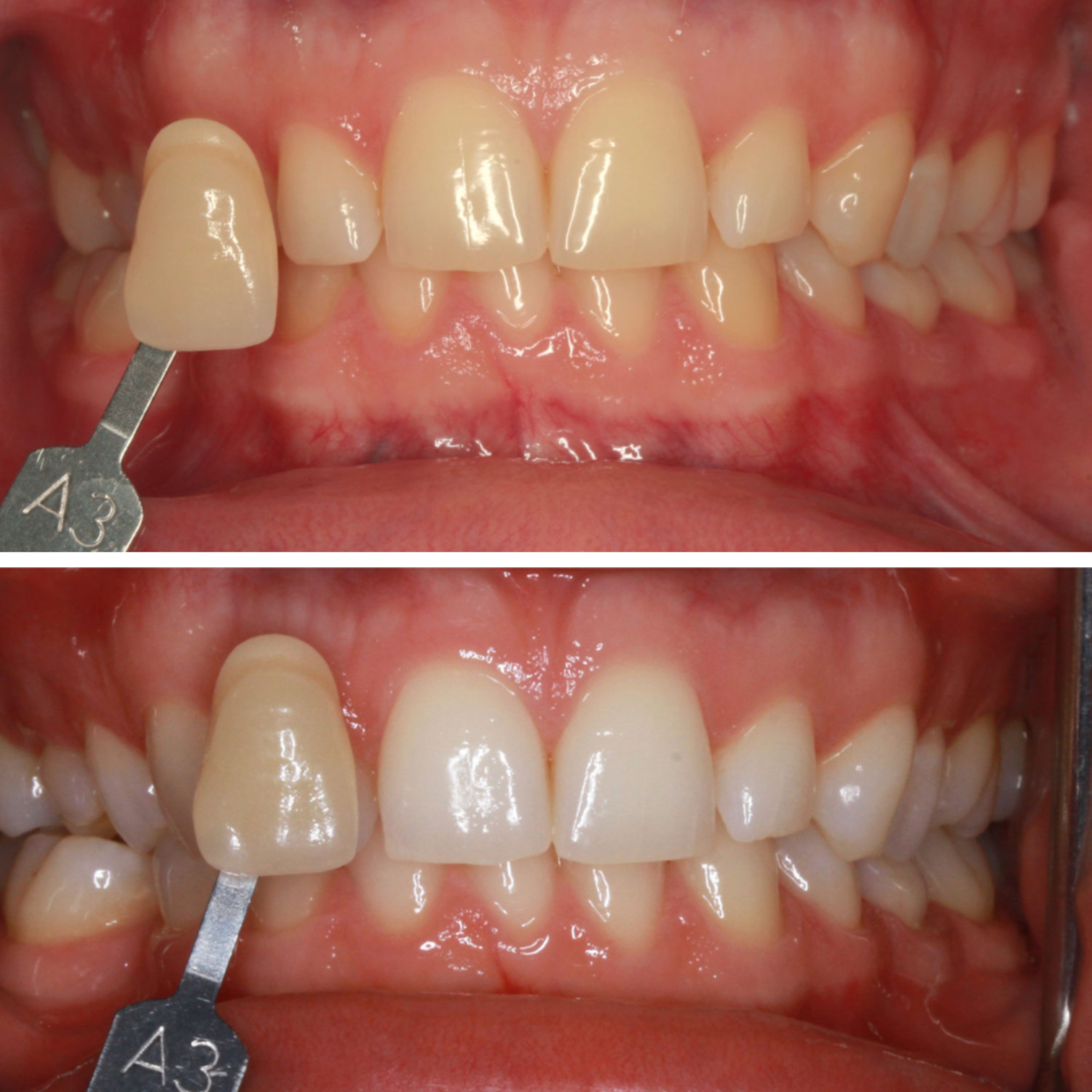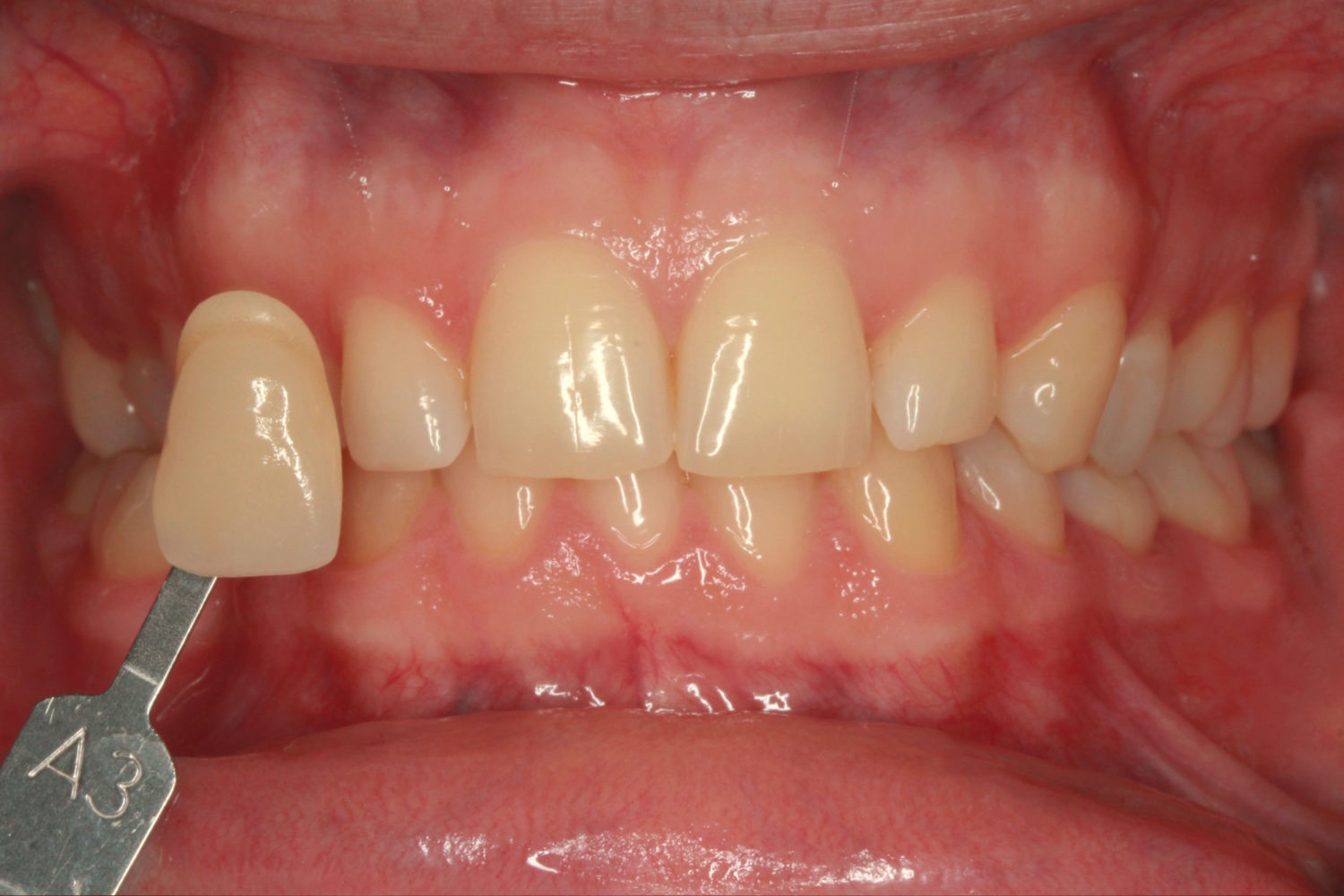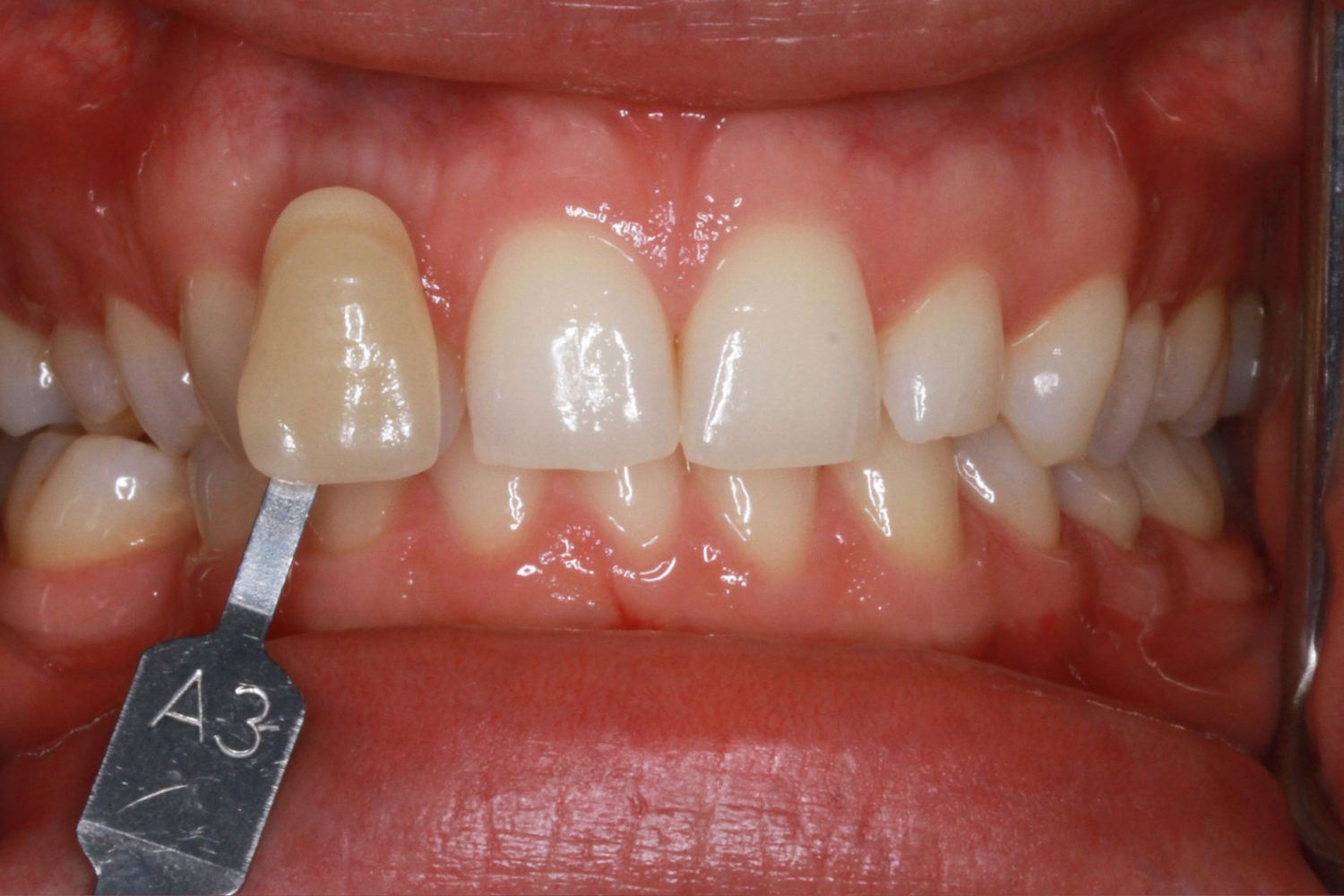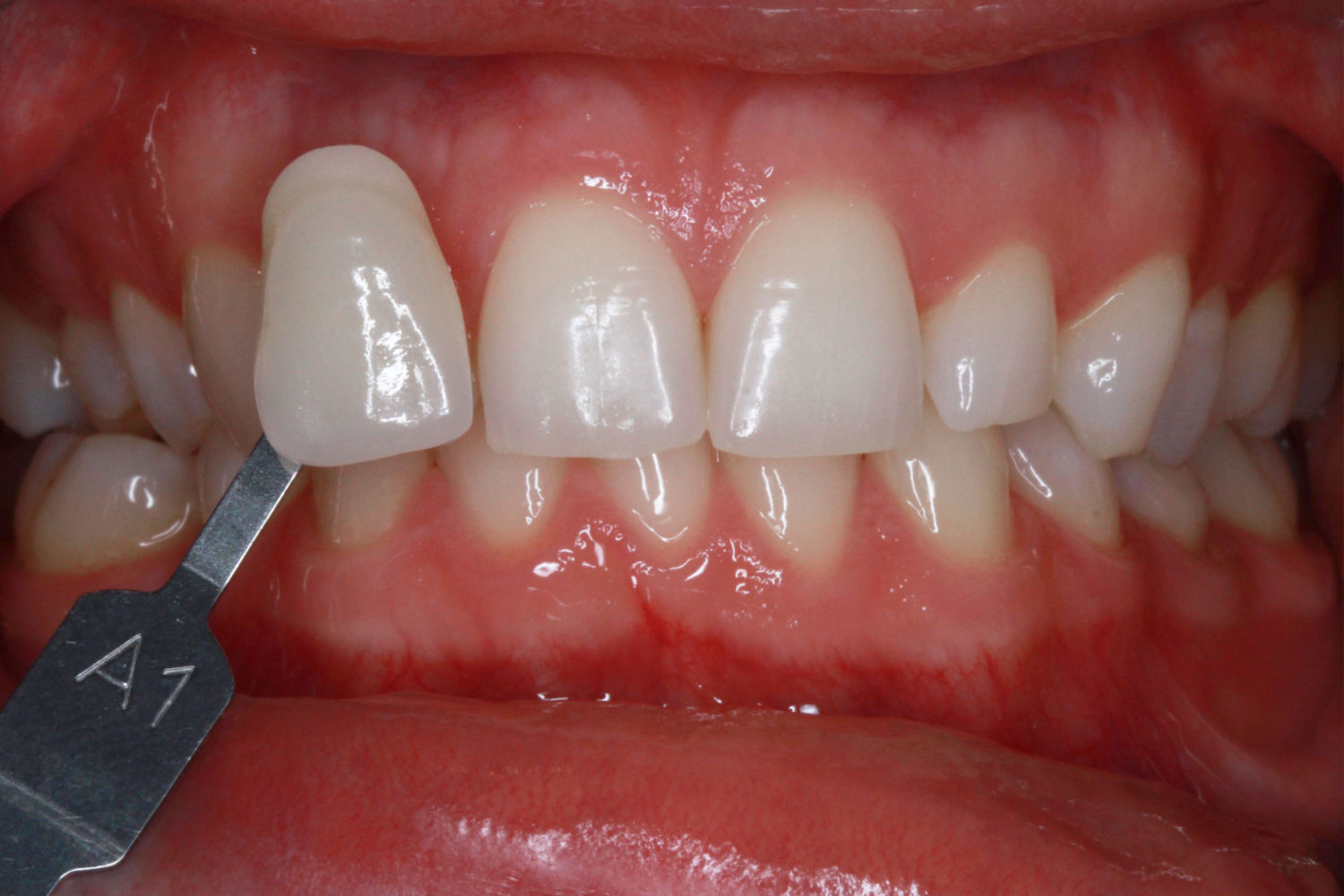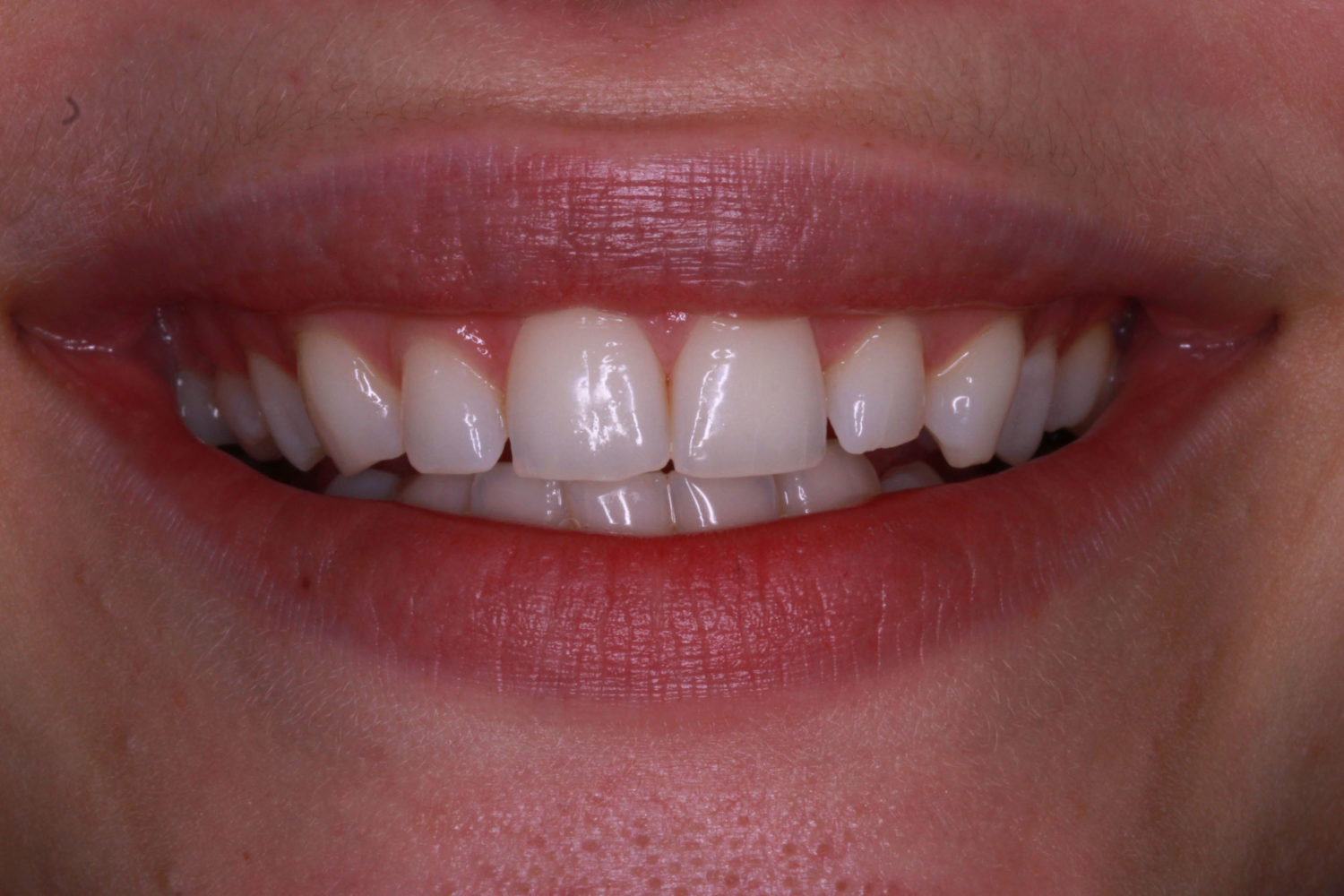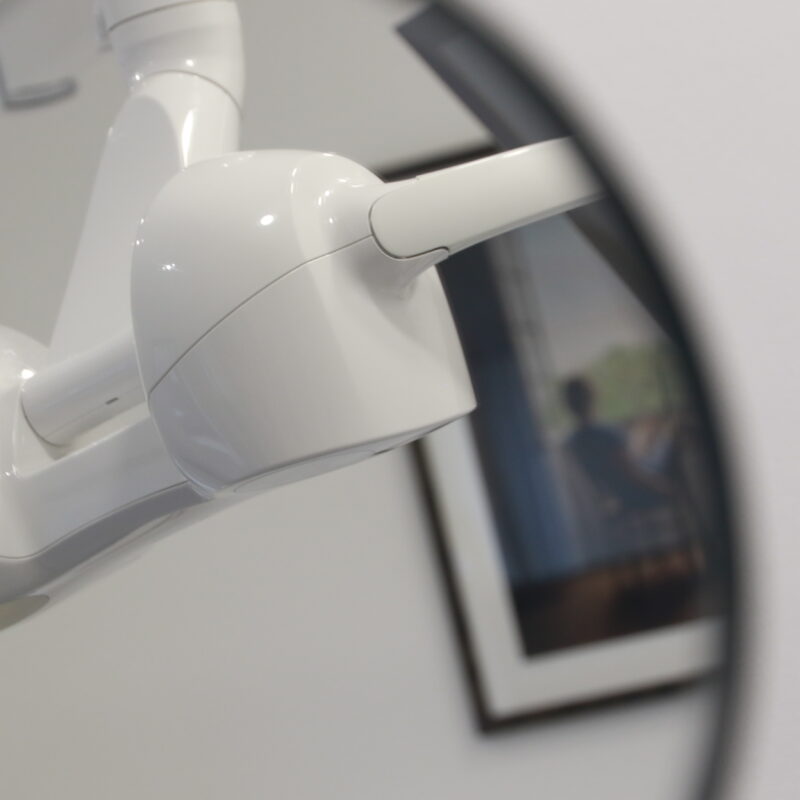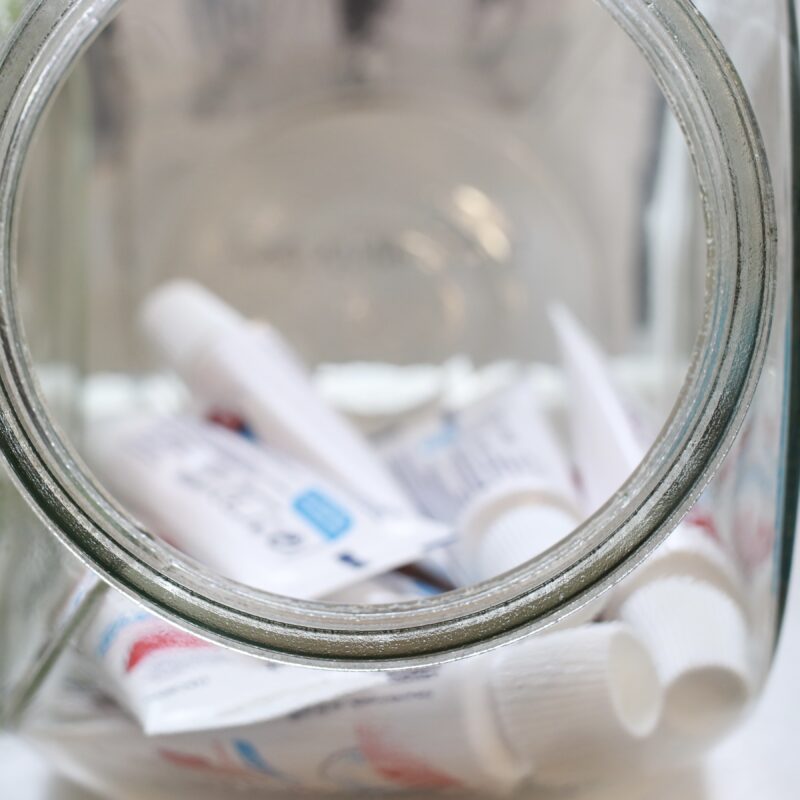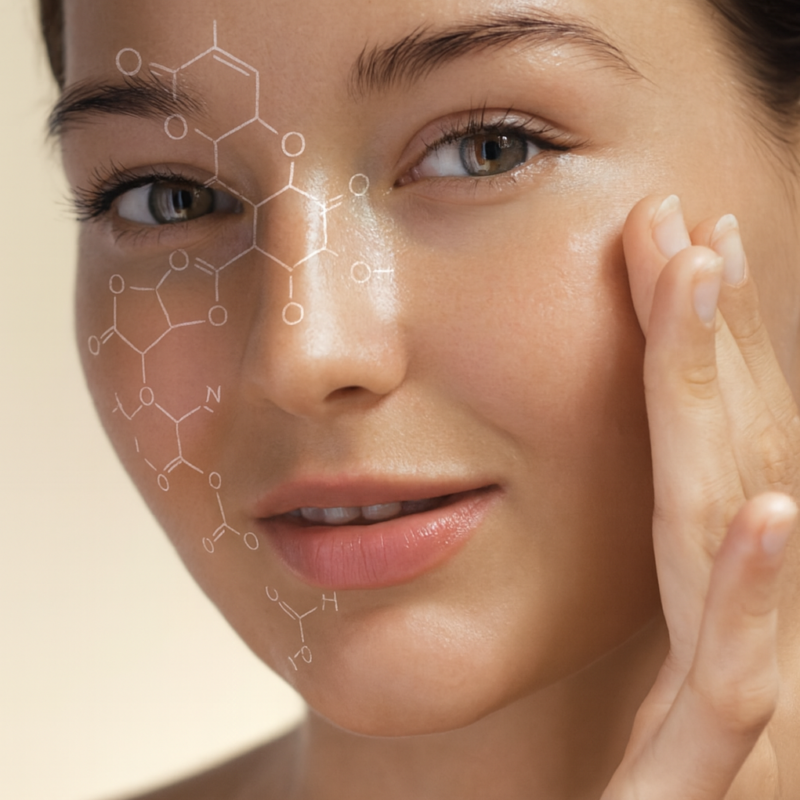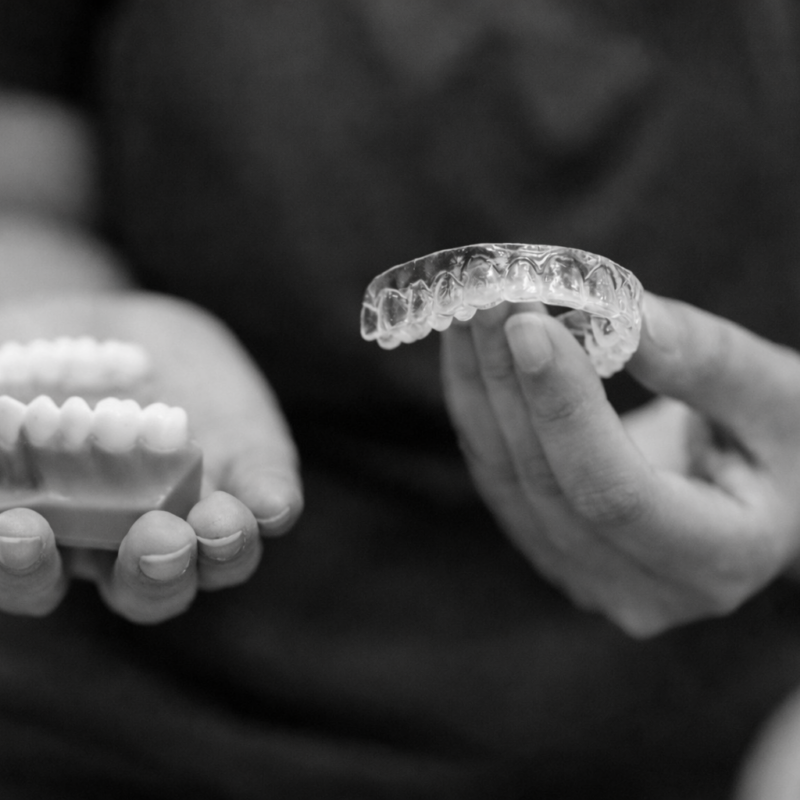DENTAL WHITENING
A bright smile is often associated with good health, youth, and confidence. Over time, however, teeth naturally darken as the outer enamel layer thins and the yellow dentine beneath becomes more visible. Ageing, dietary habits, smoking, trauma, and certain dental treatments can all contribute to this discolouration.
This guide explains the causes of tooth staining and explores safe, effective whitening options. It also answers common questions, including how whitening works, whether it is safe, how long it lasts, and which methods dentists recommend.
WHY ARE MY TEETH YELLOW?
Tooth discolouration can occur for various reasons, including:
- Diet: Consuming coffee, tea, red wine, and dark-coloured foods can stain enamel.
- Smoking: Nicotine and tar from cigarettes cause yellow or brown stains.
- Ageing: Over time, enamel thins, revealing the yellowish dentine underneath.
- Poor Oral Hygiene: Inadequate brushing and flossing allow plaque and tartar buildup, leading to discolouration.
- Medications & Genetics: Certain antibiotics and genetic factors can affect tooth colour.


